Philippines VAT Law on Foreign Digital Services Approved: 12% Tax on Providers

The expected amendments to the Tax Code have been the subject of discussions, debates, and changes for years. Several governing bodies were involved and had to approve proposed changes and novelties. Earlier this year, the Bicameral Conference Committee approved the proposed legislation on VAT on digital services. This decision was then handed over to the President of the Philippines, whose approval was essential.
Now, with the President's signature, the proposed rules and regulations have become Law, and the next step is to implement a 12% VAT on digital services provided by foreign digital service providers.
Implementation Timeline
Under the adopted and signed law, the VAT rules related to the cross-border supply of services by foreign digital services providers to Philippine consumers and deemed supplier rules for online marketplaces will be implemented in several phases.
The first phase is for the Law to come into effect, which will be 15 days after it is published in the Official Gazette. After this period ends, the Department of Finance has a specific timeline of 90 days to issue implementing rules and regulations of the Law, providing a clear roadmap for the implementation process.
Once all rules and regulations are in place, foreign digital service providers will become subject to VAT within 120 days. Of course, it is vital to remember that a VAT registration threshold of PHP 3 million (around USD 52,300) in a 12-month period affects when foreign providers must register for VAT in the Philippines.
It is estimated that the imposition of a 12% VAT rate on foreign digital providers will contribute to collecting VAT of nearly PHP 105 billion, approximately USD 1.9 billion, between 2025 and 2029.
Conclusion
With the President's signature, the long and arduous process of passing this law is finally over. When the implementation process is in place, it is reasonable to believe that all the rules and regulations will be fully implemented in mid-2025.
Businesses that tracked the adoption of this law had more than enough time to prepare for this regulatory change. On the contrary, those who did not pay attention up to this point should not neglect the upcoming changes and should consider how these rules impact their business models and what they must do to comply.
Source: Presidential Communication Office, Reuters, VATabout, Baker Mckenzie

Featured Insights

Burkina Faso FEC E-Invoicing Mandatory July 2026
🕝 February 24, 2026More News from Asia-Pacific
Get real-time updates and developments from around the world, keeping you informed and prepared.
-e9lcpxl5nq.webp)




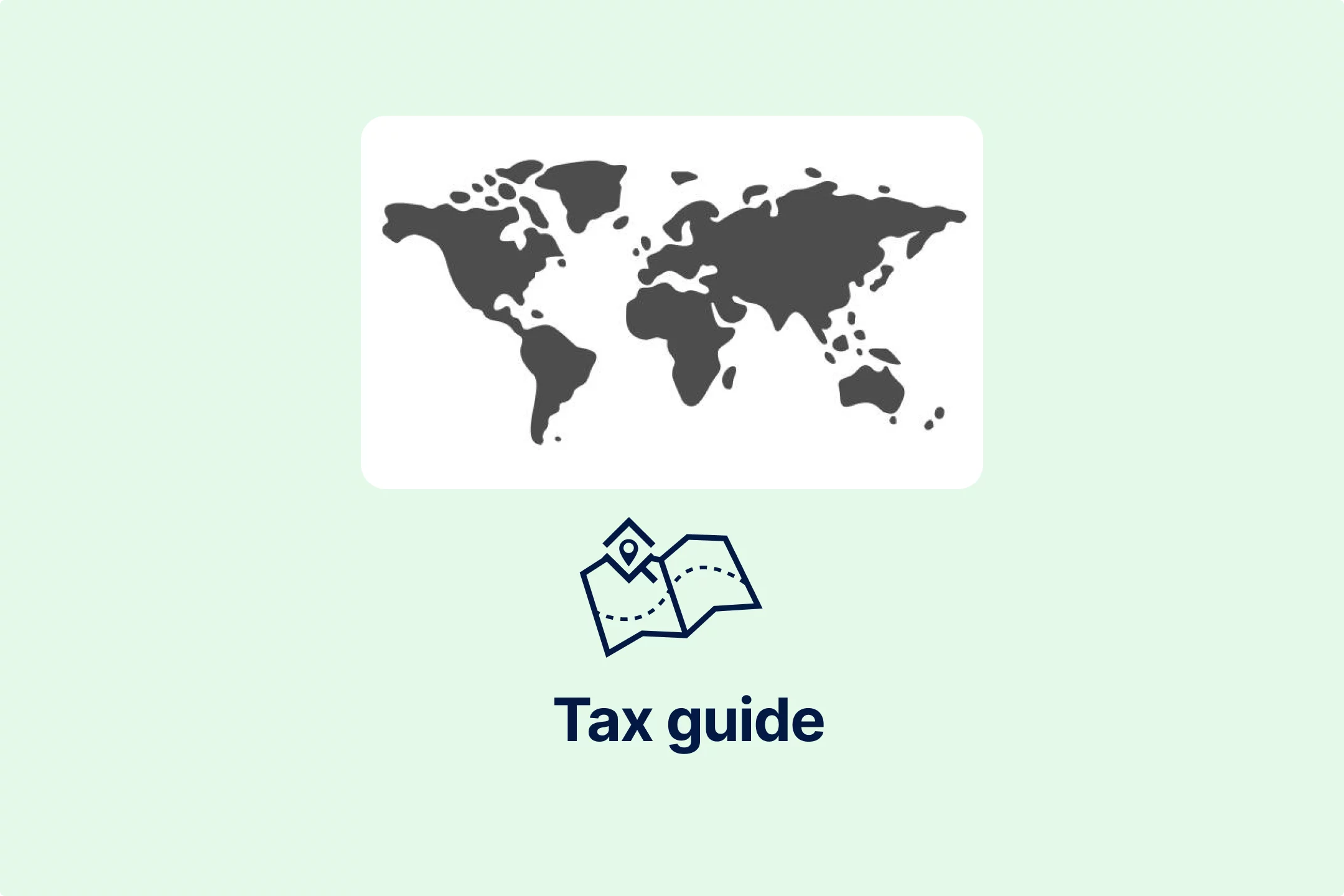
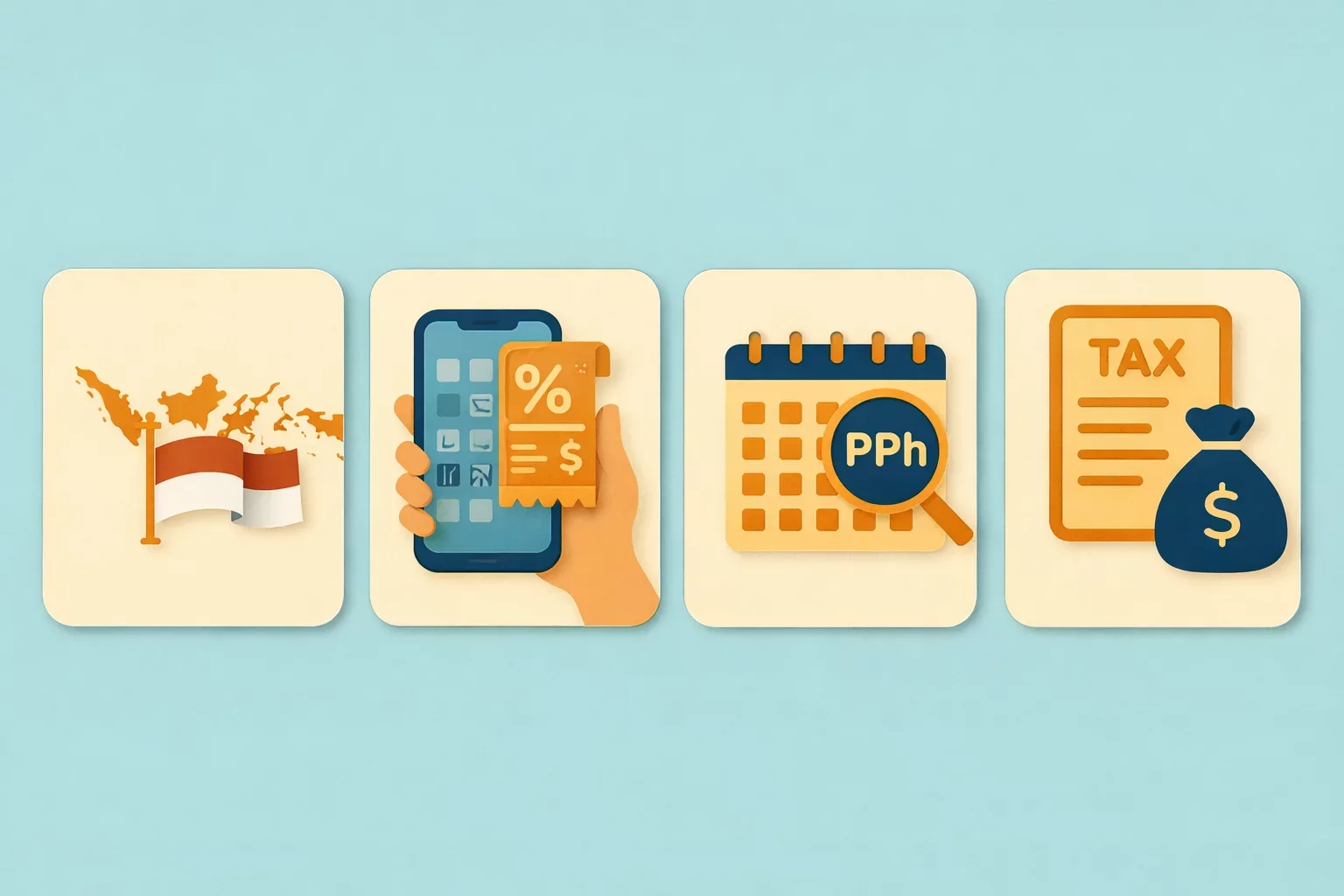
-aj8nwvlapw.webp)
-rk09hzgb2k.webp)
-aqpdksilre.webp)
-ksqx8bjuob.webp)


-zh8xbv0et6.webp)


-acexzm5xzb.webp)

-lp1ahwrdoe.webp)
-2f07nuay2x.webp)
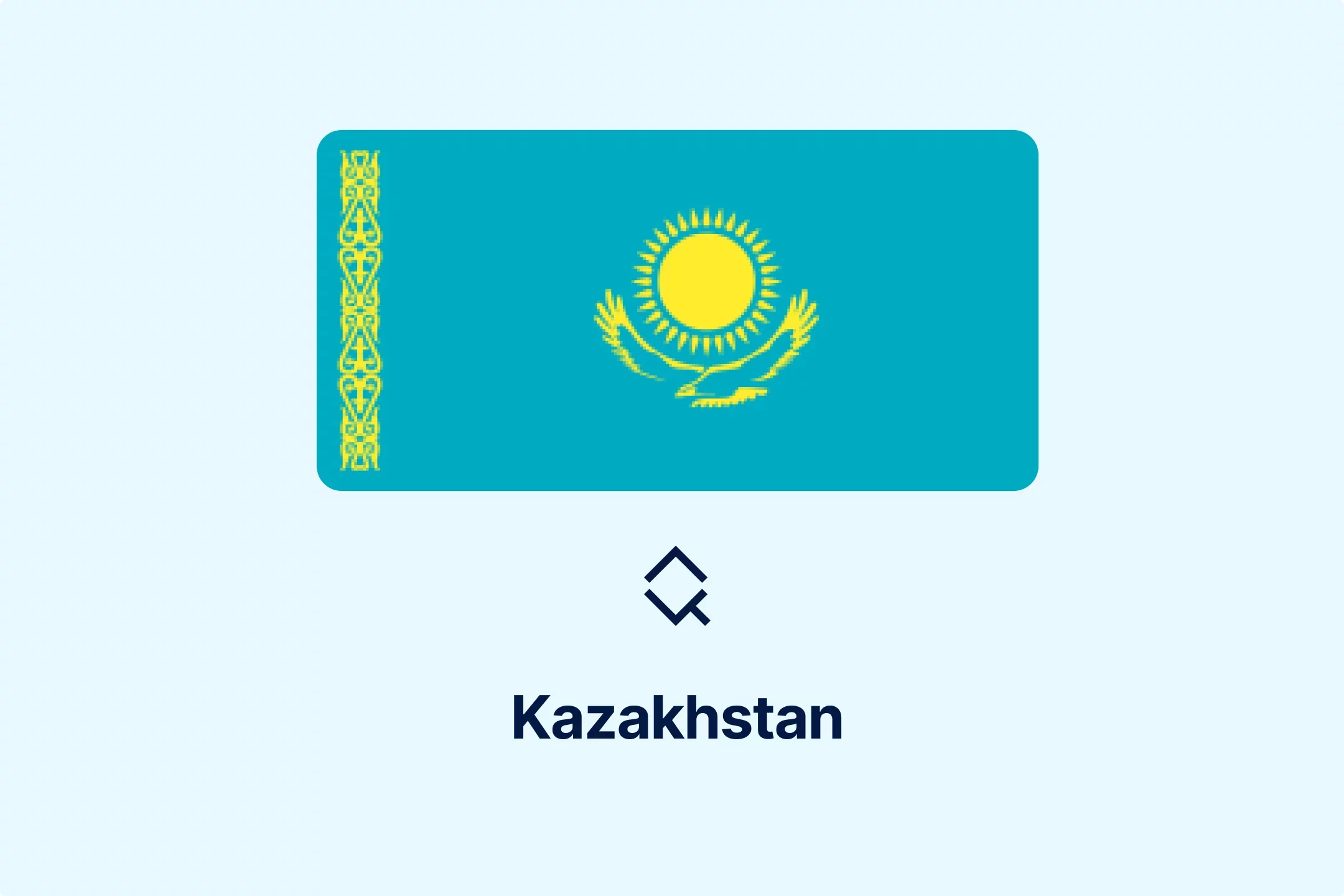
-ulni2ulvok.webp)

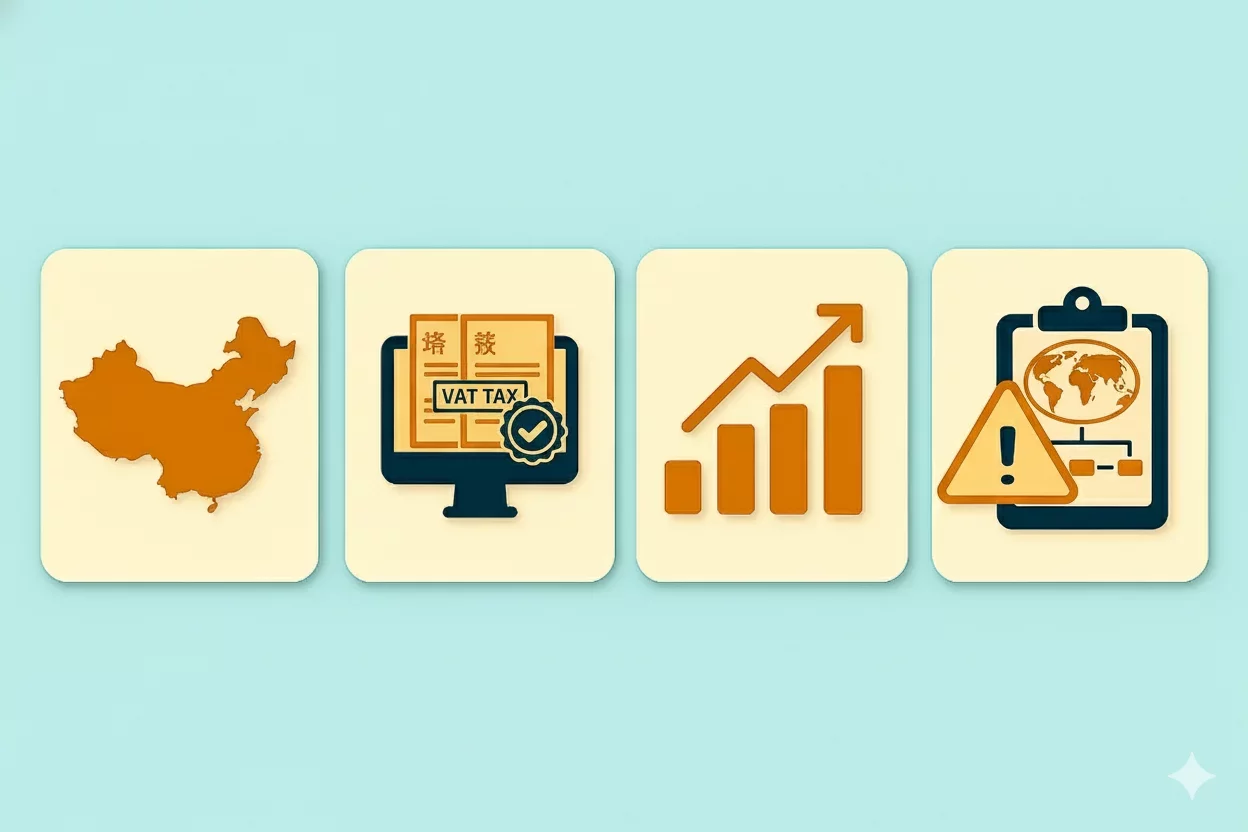
-vc48acvopx.webp)

-gu6ivdnmcd.webp)
-wakzehxpru.webp)

-yvgiqwrd2b.webp)
-rgolzh4dpi.webp)
-bhtubhv12w.webp)



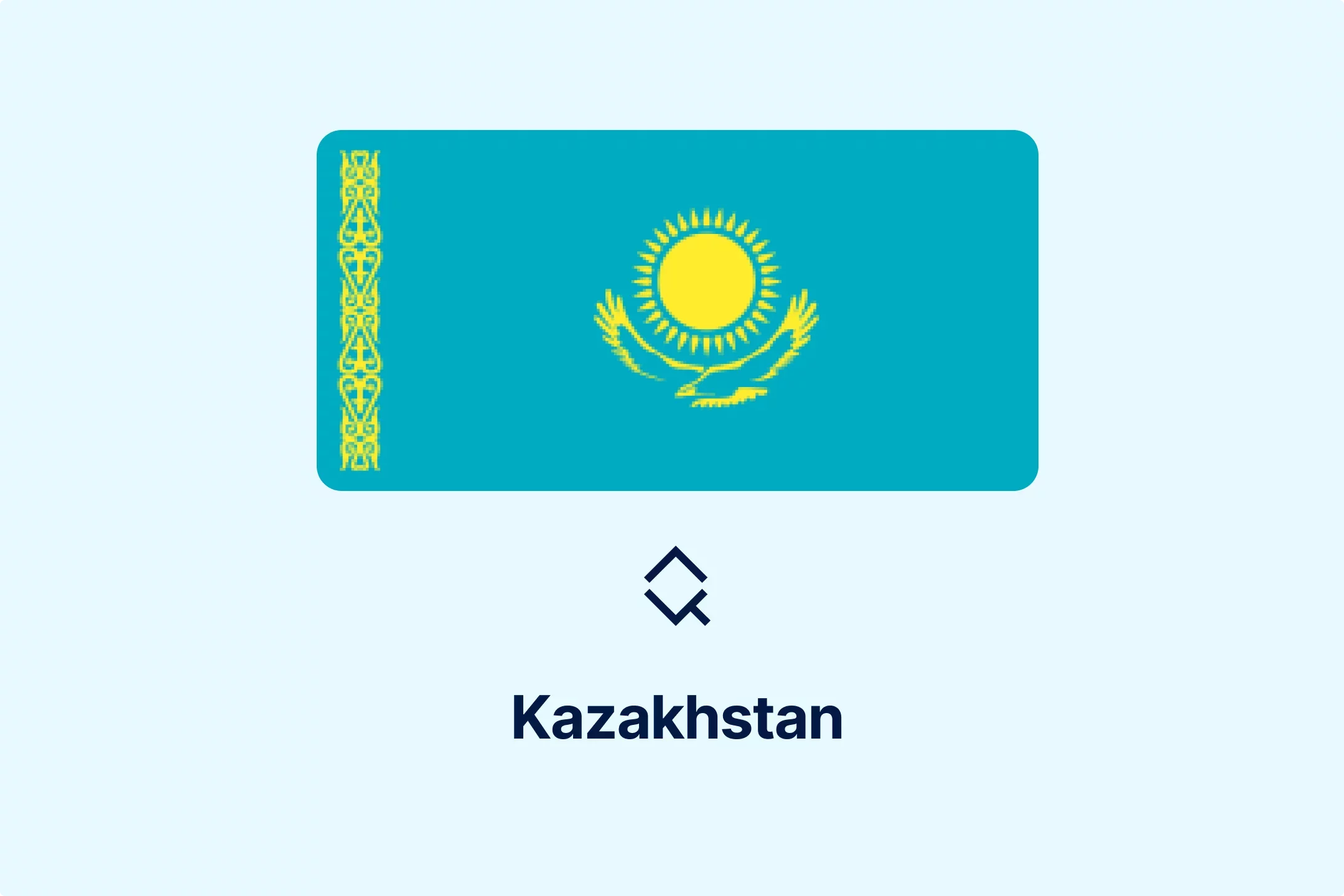





-5qi3wxwczq.webp)

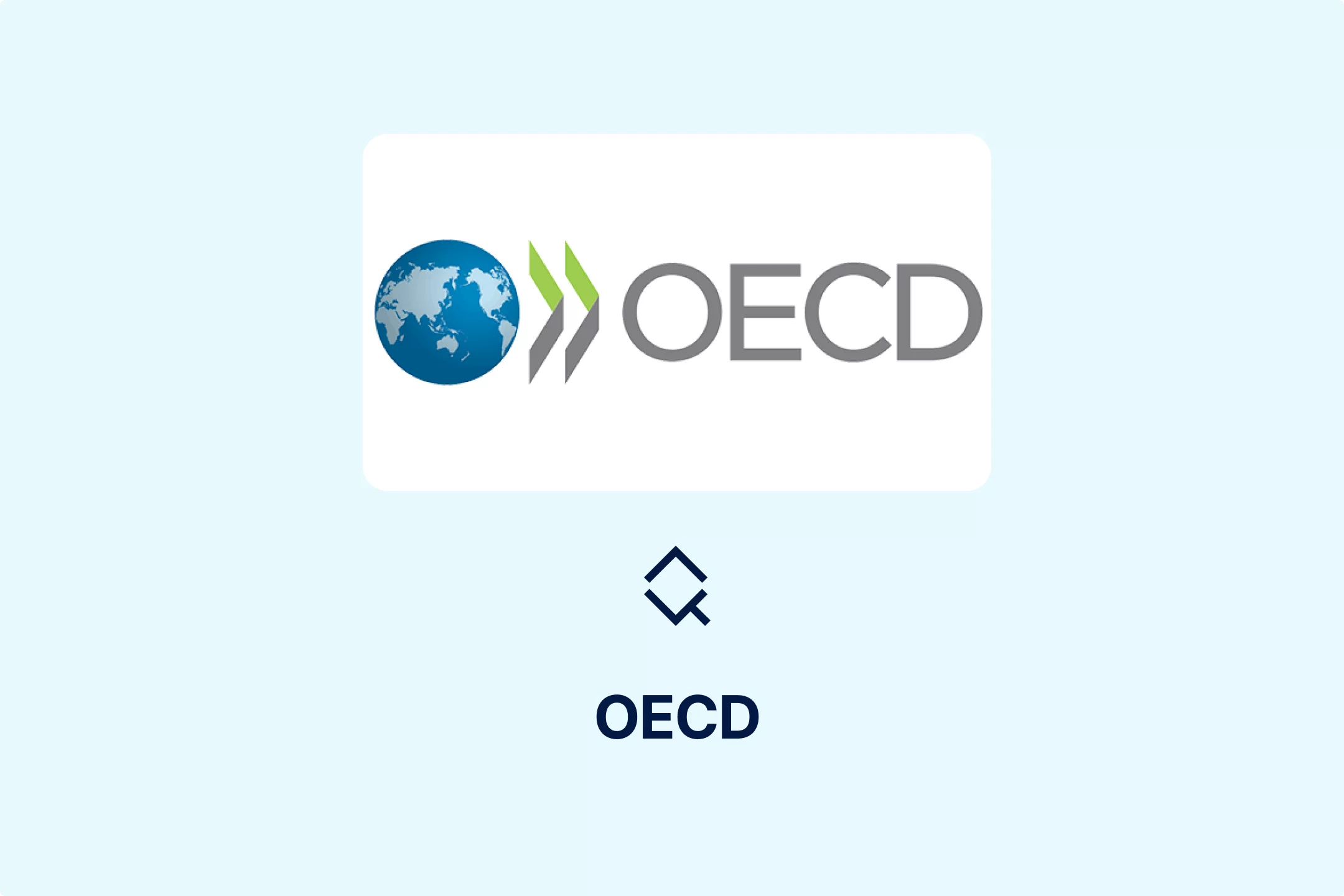

-sdwnbqn5jq.webp)

-xy6dlwlouj.webp)



-jml2kb4saf.webp)

-0f31djaf6e.webp)


-vlwergokhq.webp)
-ewzogfud73.webp)


-ahrrqhskho.webp)

-vxrk5c4pah.webp)
-3lduvjagew.webp)

-s1idmcmcn2.webp)
-r8dv4kfsfz.webp)

-dlzt4vdiax.webp)
-vfbkqfsn9u.webp)

-w0qbxfgtjo.webp)
-d9oq3p3tb0.webp)

-8agho1lmeq.png)

-0vnokkgjis.webp)


-inhdx9r99o.webp)

-v3qiu0yef0.webp)


.png)

















